Alation moved their documentation and help center, so your link doesn't seem to work anymore. I found the new one, formatted it and shared it below for anyone in the future that is looking for this.
To address your specific issue, I think you can fix the problem by putting parenthesis around it, try this:
SELECT * FROM WTY_DM.PRODUCT
WHERE VIN IN (${VIN type : raw});
Then you have to publish the query and click 'Share as Form'
Documentation here...
Query Forms and Parameters
If you need to re-run a query many times with different column values, manually editing the script on each run can get tedious. An example is running the same query with different states or dates.
To simplify the process, you can create a query form (also called query parameters) by replacing desired constants with the following expression:
${variable_name | eg:example value | default:default_value | help:help text | type:type}
where variable_name becomes the name of the form field, example value shows up in the form field when it is empty, and help text is displayed to the left from the form field.
The type can take values:
string
integer
date
raw
Use type to specify the type of the variable for improved parsing, though you can leave it out. the type: raw tells Alation to take the variable input as-is.
single value
select * from order_history
where customer_id = ${customer_id};
single value with like
select * from order_history
where col LIKE '${string}';
passing multiple values
select * from order_history
where customer_id in (${customer_id type : raw});
dates
select top 10 * from order_history
where my_date = ${my_date type : date};
dates multiple values
select top 10 * from order_history
where my_date between (${start_date type : date}) and (${end_date type : date});
string values
select * from order_history
where customer = ${customer};
string multiple values
select * from order_history
where customer in ${customer type : raw};
For example, if your original query read:
SELECT * from order_history where order_date = '2016-01-01';
Your query form could look like:
SELECT * from order_history where order_date = ${my_date | eg:2016-01-01 | type:date | default:2016-02-14 | help:enter order date in YYYY-MM-DD format};
To access the SQL-free form view of your templatized query, choose the Share Query as Form option.

